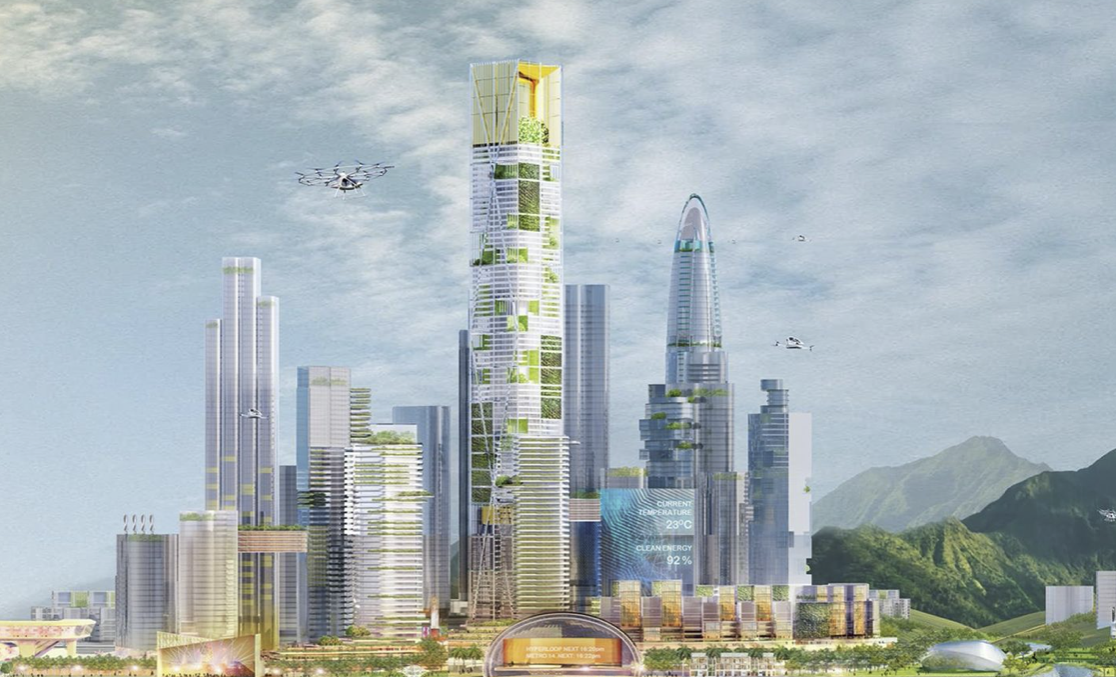It may have been stuffy from overpopulation, but at least the slightly stifling air was fresh. The trees, stretching their way to the sun, released an earthy scent into the air. In the distance, mingling with the sound of bicycle bells and piano music, was the approving whistle of the recycling bin – someone had clearly thrown something into it. The cobblestones of the newly paved streets felt glossy and smooth, with no sharp edges, making it easy to roll around. Laughing old ladies hobbled out of the café and made their way to the shining, cobalt gates that opened onto the gleaming beach, off to enjoy the weather. The sky was disrupted with a cloud or two, but they were wispy white affairs, soon to disperse.
Covering the blue gates to the beach, and pretty much every other surface there was, was an advertisement of cosmic proportions pleading with citizens to buy the aeroshoes – not that the advertisement was needed. The muted clicks and whirrs of thousands wearing their aeroshoes seeped their way through the city, like the skitters of mice. The cobblestone streets were coated in coal from the factories. The aeroshoes, glossy glittery lilac-and-cream, cleared it away as their wearer ambled around. The people gliding through had grinning faces, sweat still unbroken on them despite the heat and the long walks. After all, they weren’t making the effort. Their whirring shoes were. Yes, the people owed a lot to the factories, squished as the factories were, pushed into the only part of the city that was dark.
That grim corner, that factory that sighed as it was forced to its very limit. The sound that the people pretended they couldn’t hear, that tall, imposing building with matching tall, imposing gates of rusting iron. The heaving chain possessively embraced the gate. The blight upon the landscape, the eyesore in the west. Plastered to its walls were posters from protesters, but the papers were windblown, aching from the effort of hanging on. The trees surrounding it were withered and leaning, abandoned skyscrapers, neglected because of their unfortunate location. Oh yes, the factory was terrifying.
It’s hard to notice at first, but the smiles of those old ladies are really jaws clenched in a grimace. The trees were mirages – they gave a telltale shiver every few minutes. The cobblestone streets occasionally harbored an impostor, a jagged knife of a stone, poking out to pierce any unsuspecting victim as a painful reminder. The puce-colored paint of the welcoming Entertainment Center was really an imitation of the flag. The beach may have been blissful now, but those tawny sands had once been the sight of the blood spill called the Rebellion. The people were not really happy, no matter what propaganda they were fed. But they could pretend. They could laugh and sing and make themselves seem foolish if that was what it took to avoid the alternative.


